Homeopathic Solutions For Cow and Buffalo
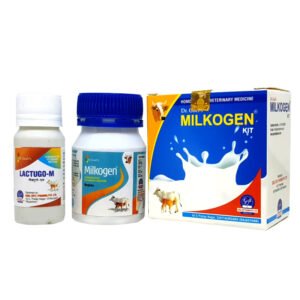 MILKOGEN KIT for Increasing Milk in Punganur Cow
MILKOGEN KIT for Increasing Milk in Punganur Cow
MILKOGEN Kit is an excellent Homeopathic Veterinary Medicine used in Cows and Buffaloes to increase milk yield naturally. It is a natural replacer of oxytocin hormone without any contraindications or side effects but with a definite increase in the milk yield. It increases the milk quantity and fat percentage of the milk to the full potential of an animal.

TEATASULE FIBRO GOLD KIT is the best Homeopathic Veterinary Medicine for female animals in the case of chronic and clinical mastitis. TEATASULE FIBRO GOLD KIT is very effective in case of chronic or clinical mastitis when the udder is as hard as a stone, teats are shrunk with fibroids developed in the teats, and in teat cracks.
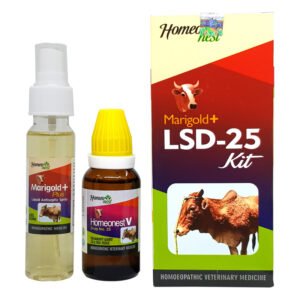
Marigold+ LSD-25 Kit is For boosting immunity against LSD and other similar viral diseases. It is a Homeopathic Treatment of Lumpy Skin Disease (LSD) in cattle with oral medicine for enhancing internal Immunity and Healing Spray for treating external wounds.
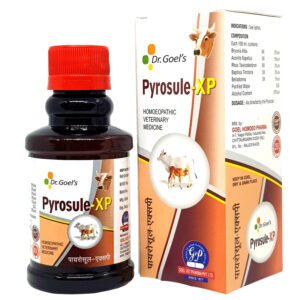
Pyrosule-XP for High Fever in Cattle
PYROSULE-XP for CATTLE is the best Homeopathic Veterinary Medicine for Cattle that protects animals from infection. PYROSULE-XP relieves muscular and nervous pain that occurs during a fever and even decreases the severity of the fever.
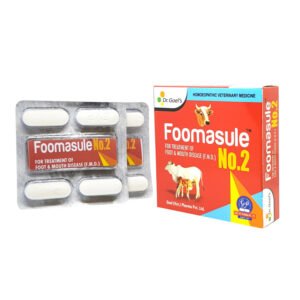 FOOMASULE NO. 2 for Foot and Mouth Disease
FOOMASULE NO. 2 for Foot and Mouth Disease
FOOMASULE No. 2 is the best available Homeopathic Veterinary Medicine for treating FOOT & MOUTH DISEASE (FMD) in cattle. It is effective against all strains of FMD virus. It cures the lesions in the mouth within 24 hours and helps the animal in grazing.
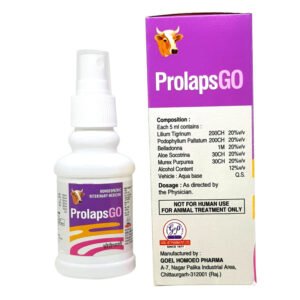
ProlapsGo For Prolaps Problem In Cattle
PROLAPSGO for cattle is the best Homeopathic Veterinary Medicine for Pre-partum or Post-partum prolapse of the uterus in cows & buffaloes. PROLAPSGO gives fast and long-lasting relief in case of prolapse of the uterus in cows and buffaloes. It can be sprayed directly over the prolapse of the uterus and can also be administered orally.
R. BLOATASULE XP is the best Homeopathic Veterinary Medicine that is helpful for the treatment of indigestion, anorexia, and liver disorders.
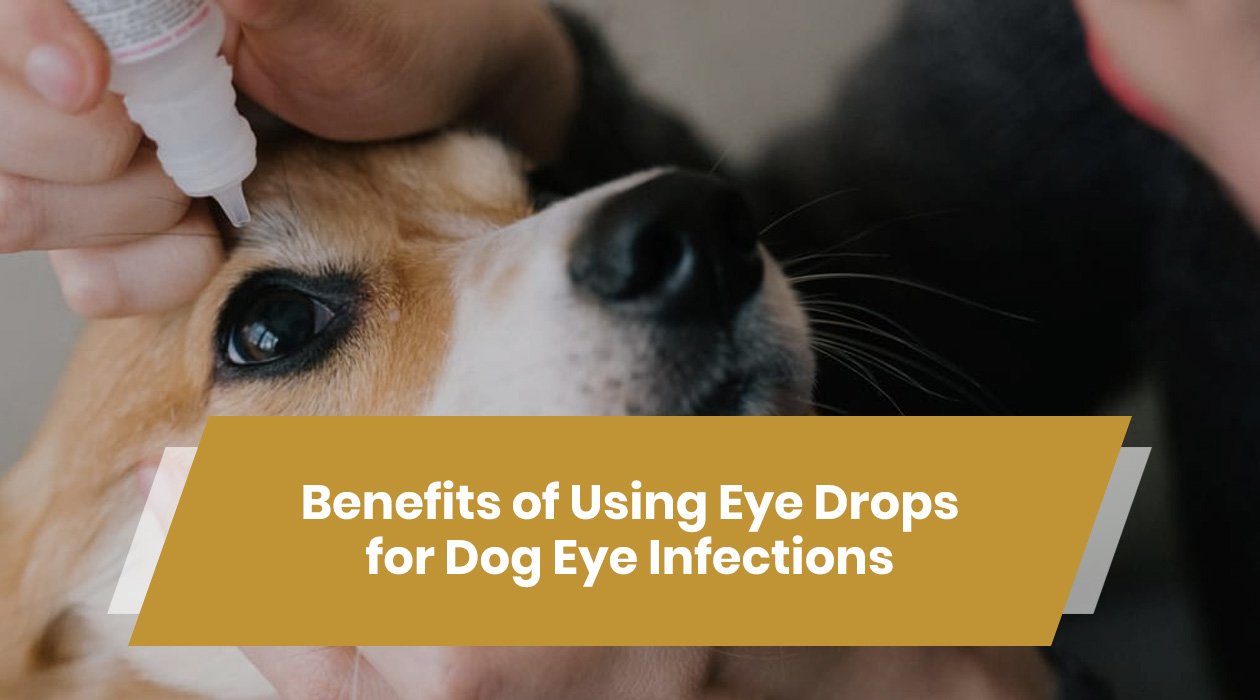
 Australian Shepherd
Australian Shepherd Beagle
Beagle Belgium Shepherd
Belgium Shepherd Bernese Mountain Dog
Bernese Mountain Dog Border Collie
Border Collie Boxer
Boxer Bulldog
Bulldog Cavalier King Charles Spaniel
Cavalier King Charles Spaniel Chihuahua
Chihuahua Cocker Spaniel
Cocker Spaniel Dachshund
Dachshund Doberman Pinscher
Doberman Pinscher Dogo Argentino
Dogo Argentino French Bulldog
French Bulldog German Shepherd
German Shepherd Golden Retriever
Golden Retriever Great Dane
Great Dane Himalayan Shepherd
Himalayan Shepherd Indie Dogs
Indie Dogs Labrador Retriever
Labrador Retriever Pakistani Bully
Pakistani Bully Pembroke Welsh Corgi
Pembroke Welsh Corgi Pitbull
Pitbull Pomeranian
Pomeranian Poodle
Poodle Pug
Pug Rottweiler
Rottweiler Shih Tzu
Shih Tzu Siberian Husky
Siberian Husky Yorkshire Terrier
Yorkshire Terrier Australian Shepherd
Australian Shepherd Beagle
Beagle Belgium Shepherd
Belgium Shepherd Bernese Mountain Dog
Bernese Mountain Dog Border Collie
Border Collie Boxer
Boxer Bulldog
Bulldog Cavalier King Charles Spaniel
Cavalier King Charles Spaniel Chihuahua
Chihuahua Cocker Spaniel
Cocker Spaniel Dachshund
Dachshund Doberman Pinscher
Doberman Pinscher Dogo Argentino
Dogo Argentino French Bulldog
French Bulldog German Shepherd
German Shepherd Golden Retriever
Golden Retriever Great Dane
Great Dane Himalayan Shepherd
Himalayan Shepherd Indie Dogs
Indie Dogs Labrador Retriever
Labrador Retriever Pakistani Bully
Pakistani Bully Pembroke Welsh Corgi
Pembroke Welsh Corgi Pitbull
Pitbull Pomeranian
Pomeranian Poodle
Poodle Pug
Pug Rottweiler
Rottweiler Shih Tzu
Shih Tzu Siberian Husky
Siberian Husky Yorkshire Terrier
Yorkshire Terrier Abyssinian
Abyssinian American Bobtail
American Bobtail American Shorthair
American Shorthair Balinese Cat
Balinese Cat Bengal Cat
Bengal Cat Birman
Birman Bombay Cat
Bombay Cat British Longhair
British Longhair British Shorthair
British Shorthair Burmese Cat
Burmese Cat Devon Rex
Devon Rex Exotic Shorthair
Exotic Shorthair Himalayan Cat
Himalayan Cat Maine Coon
Maine Coon Oriental Shorthair
Oriental Shorthair Persian Cats
Persian Cats Ragdoll
Ragdoll Scottish Fold
Scottish Fold Siamese Cat
Siamese Cat Siberian Cat
Siberian Cat Sphynx Cat
Sphynx Cat


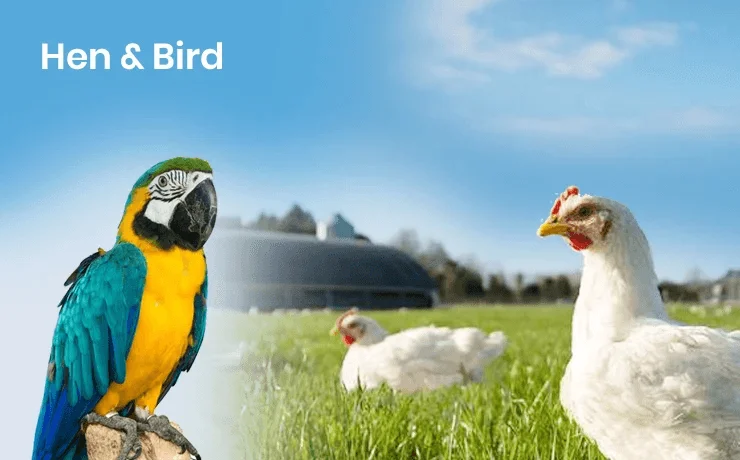
















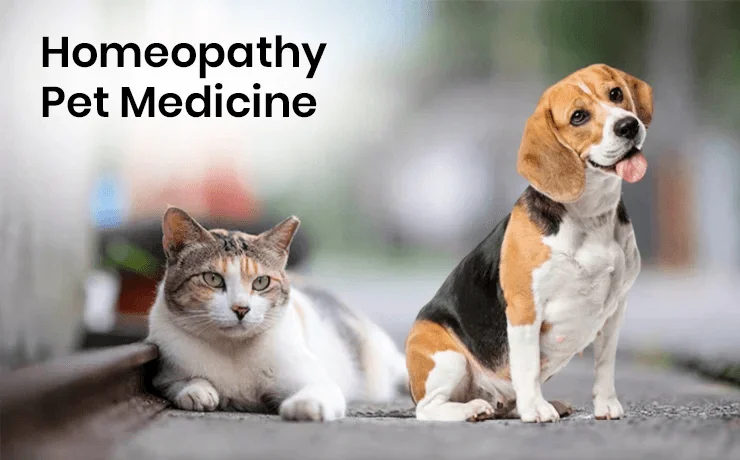


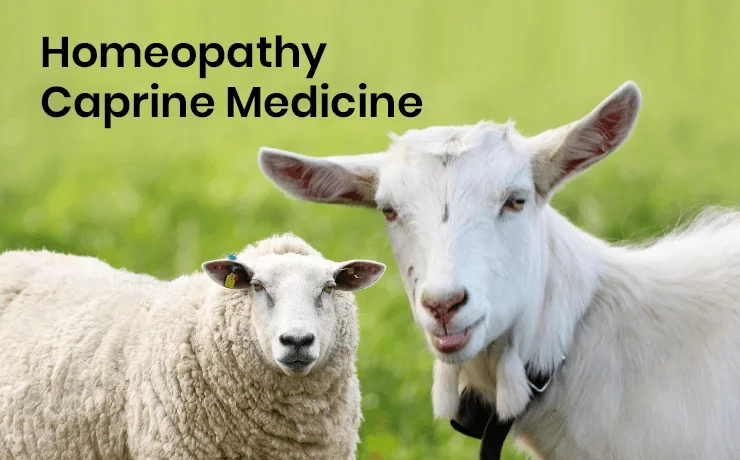
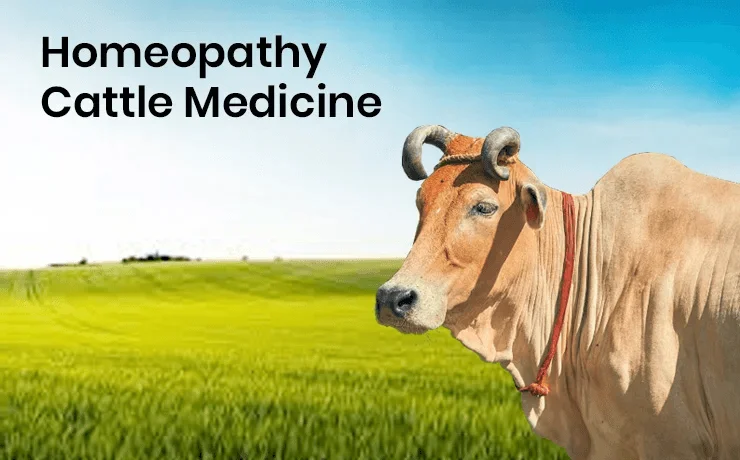

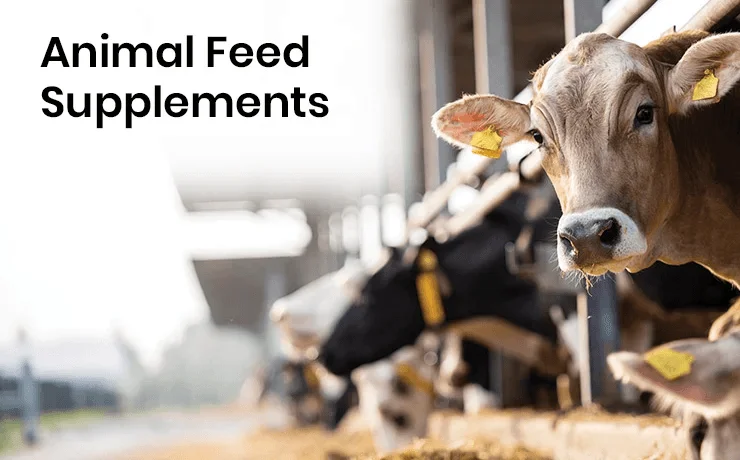

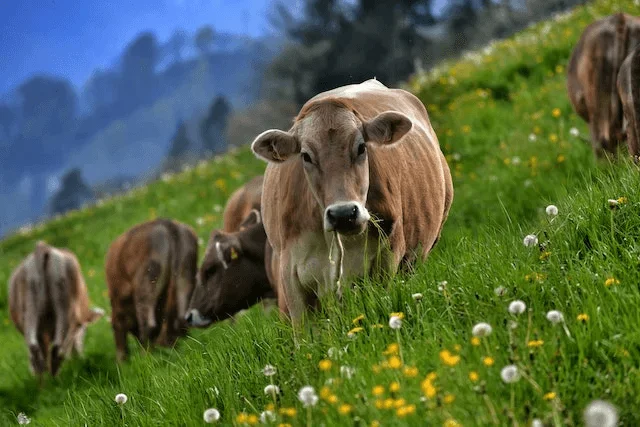
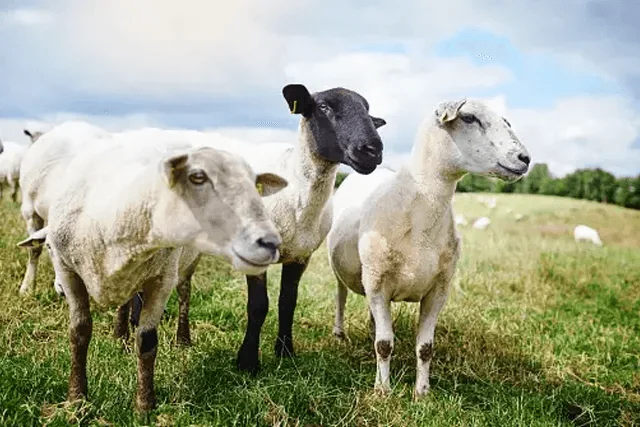
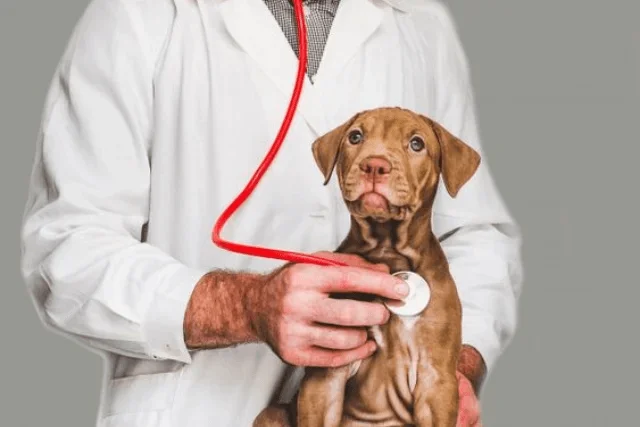



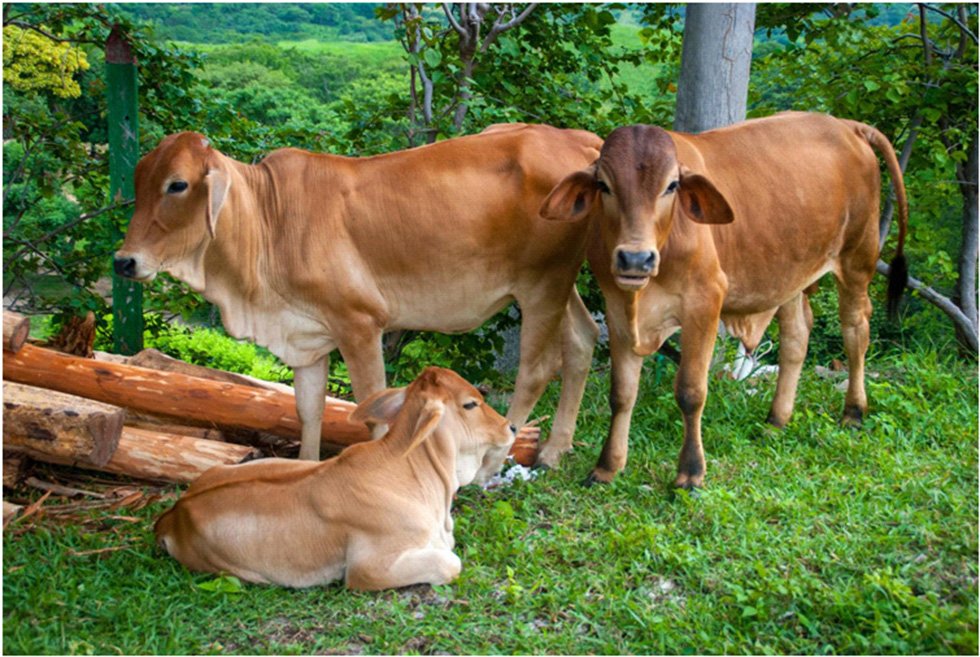






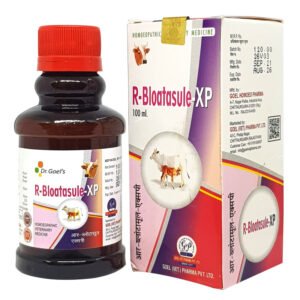
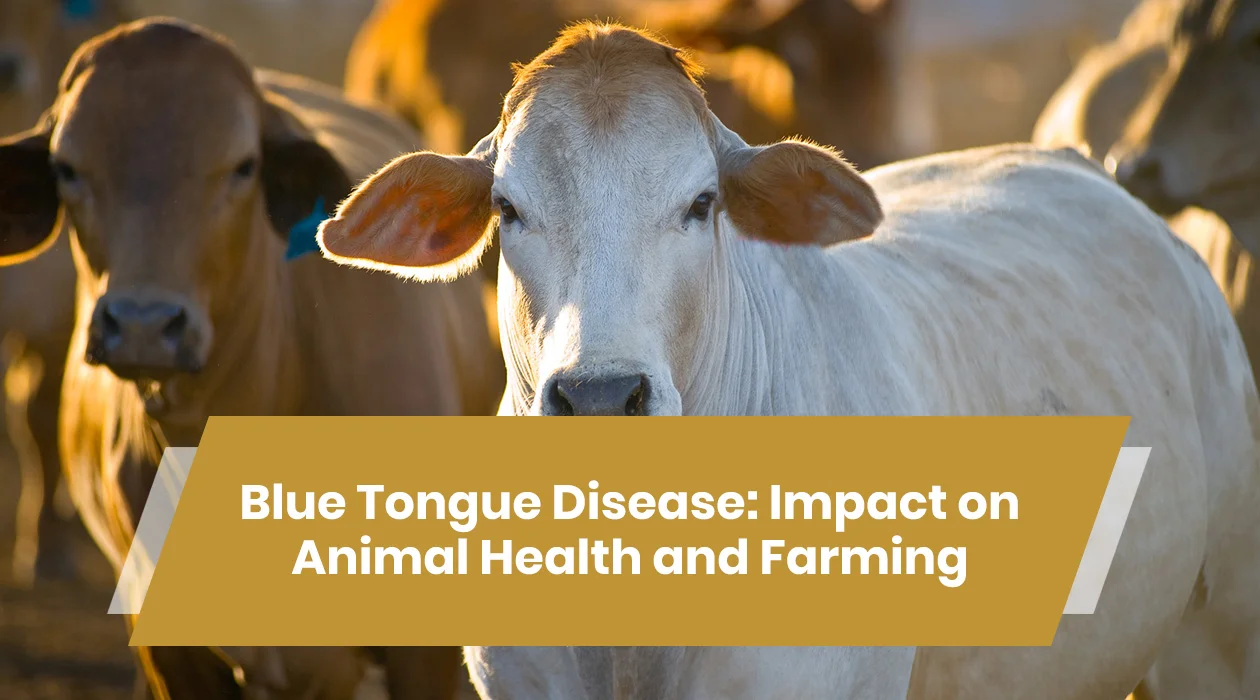
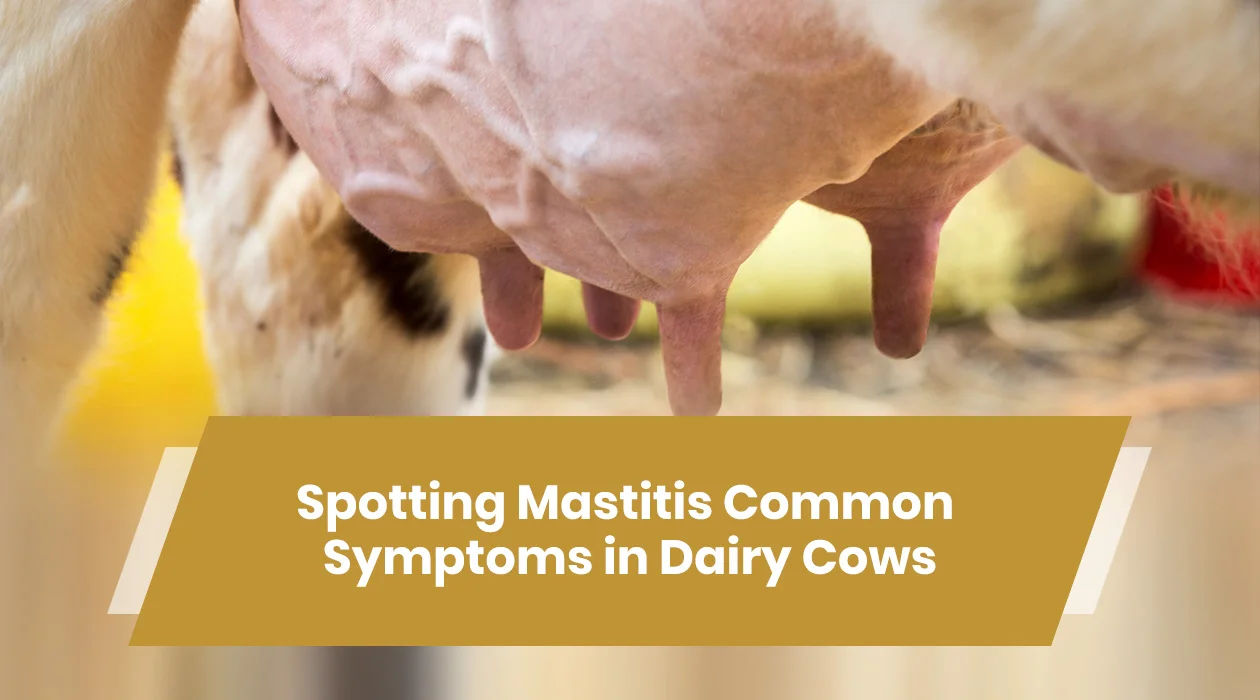
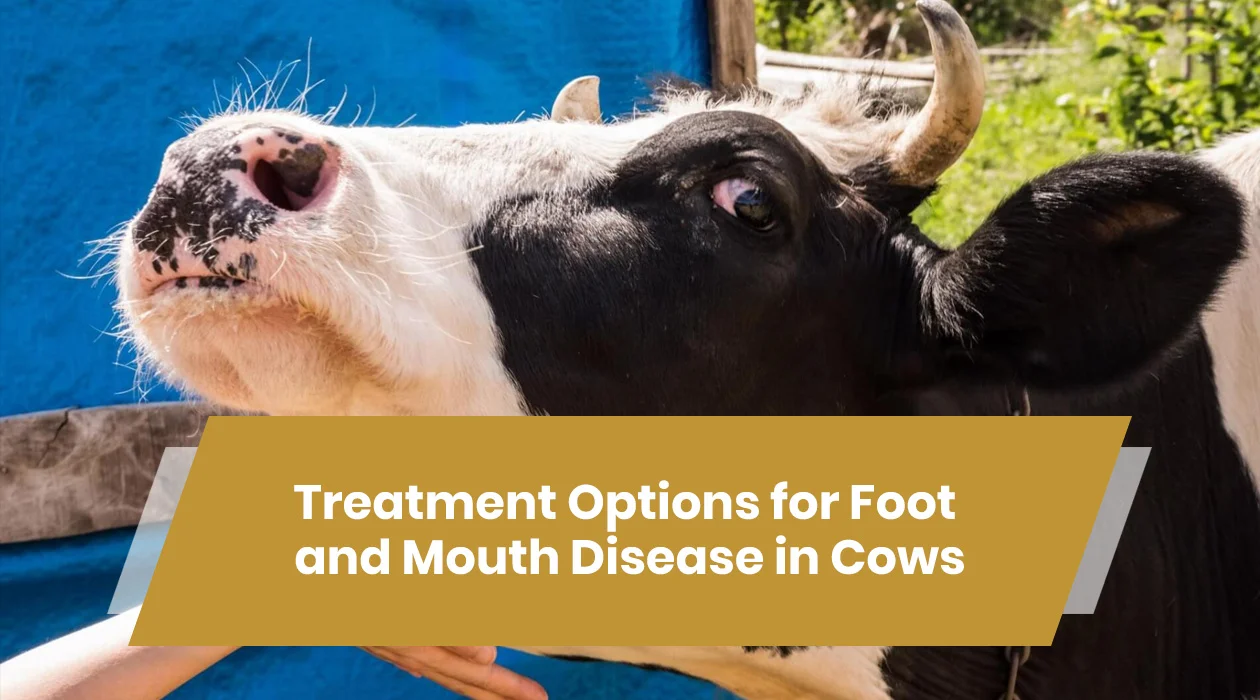

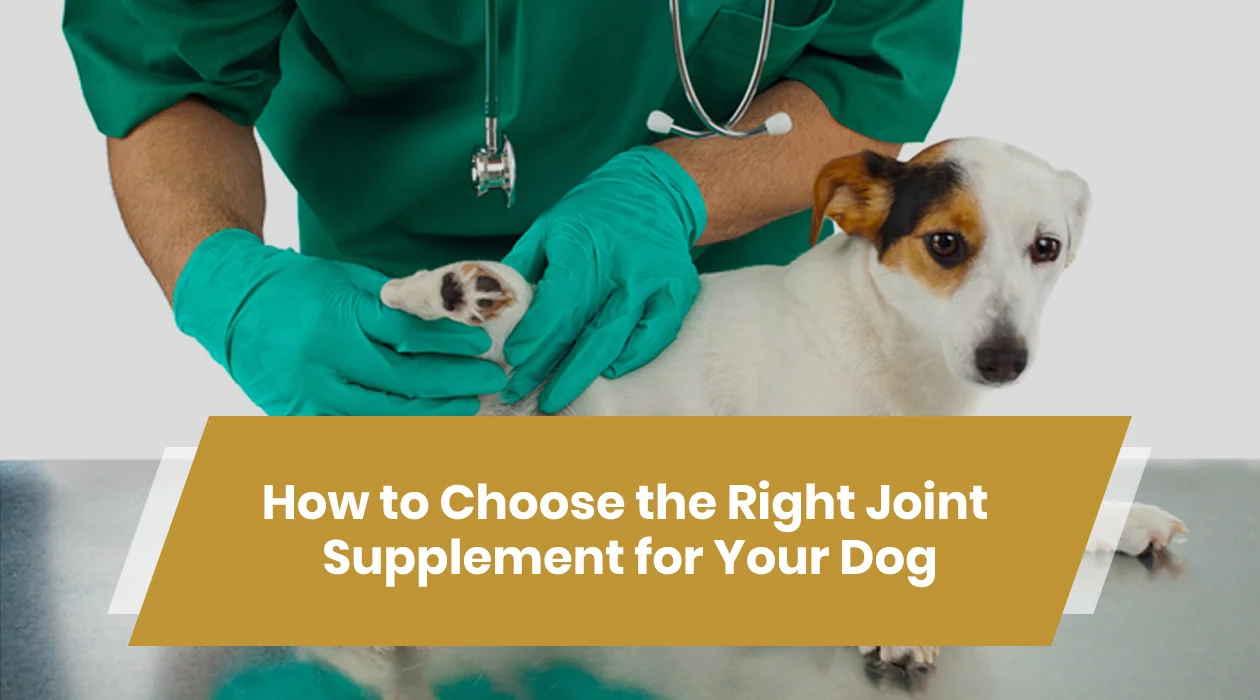


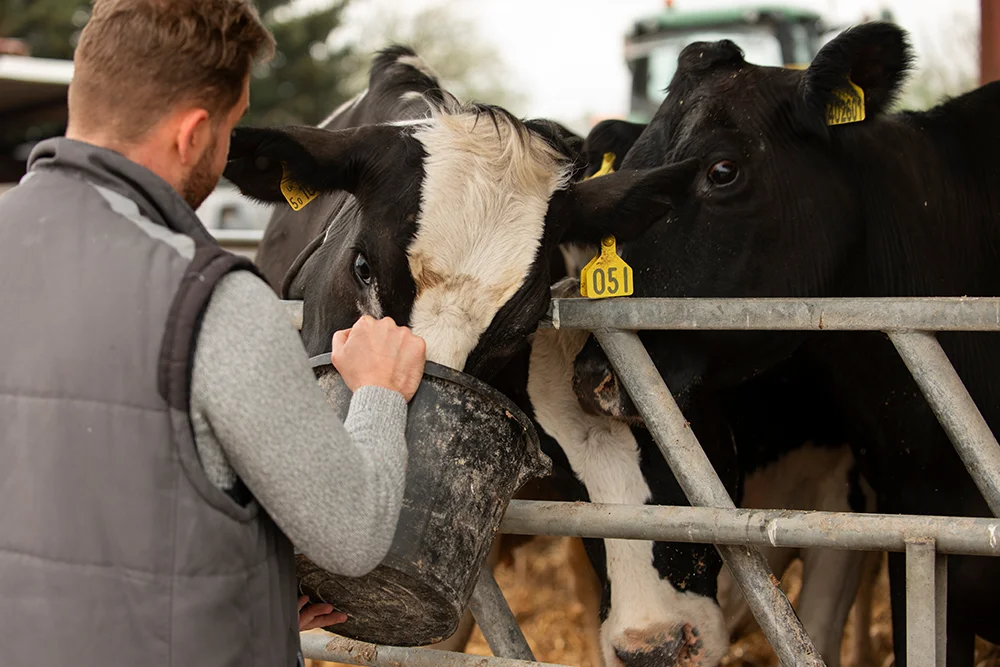

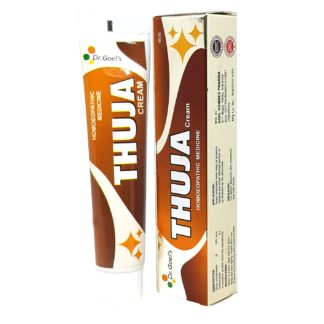
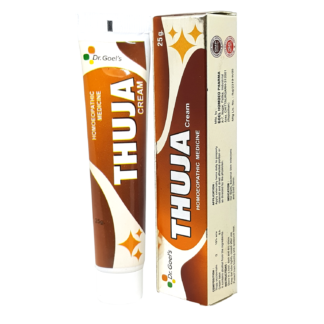

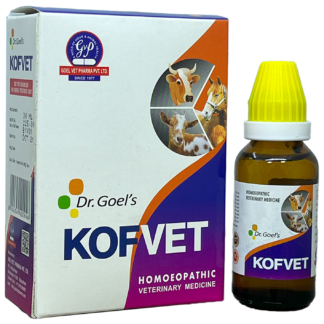
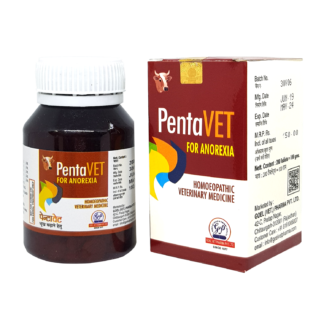
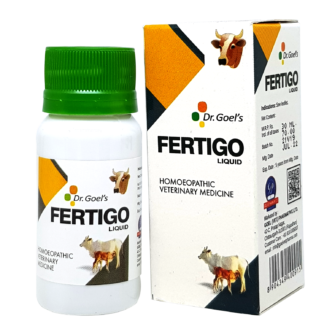
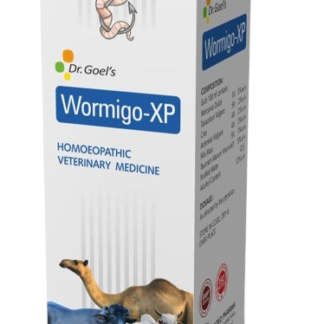




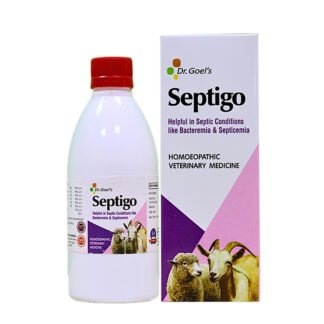


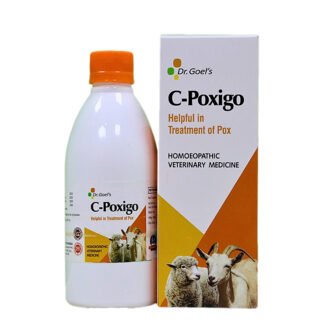
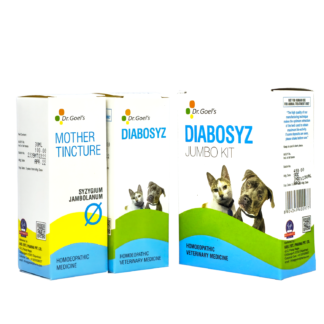
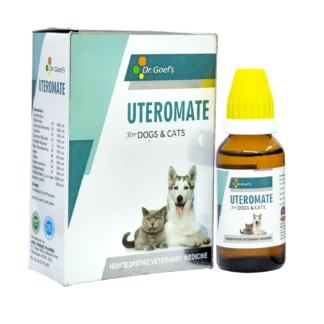
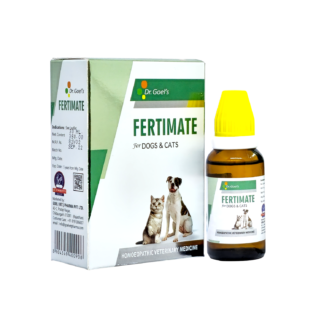
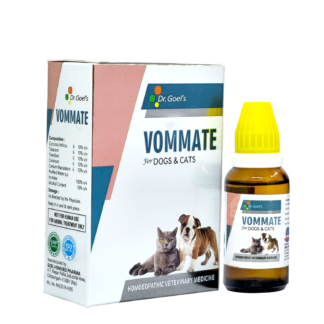
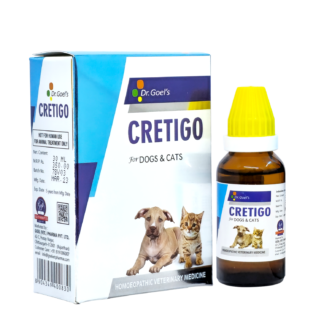
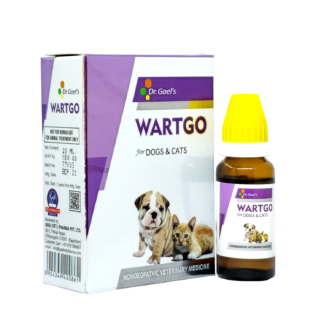

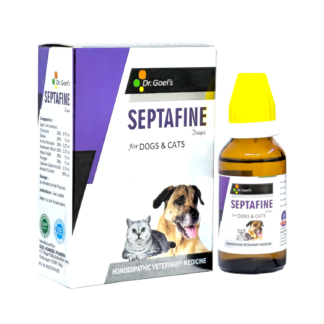

2 thoughts on “Navigating Rainy Seasons: A Guide to Livestock Care and Management”
Comment *
Hi there very nice site!! Man .. Excellent ..
Amazing .. I will bookmark your website and take the feeds also?
I am happy to seek out so many helpful information here
within the submit, we need work out extra techniques on this regard, thanks for sharing.
. . . . .